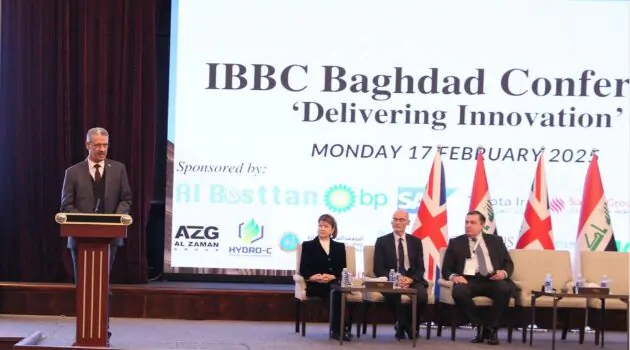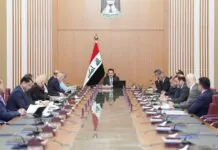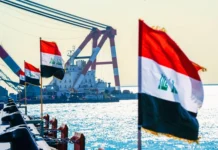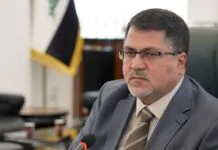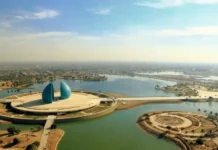Iraq’s Minister of Oil, Hayan Abdul Ghani, highlighted the authorities’s commitment to gasoline funding as a key driving force for monetary and business development at the Iraq Britain business Council (IBBC) Baghdad convention on Monday.
He mentioned Iraq’s most important achievements in the oil and gas zone, including:
adding 380,000 barrels in line with day to refining potential.
accomplishing self-sufficiency in diesel and kerosene manufacturing.
masking eighty% of fuel demand, lowering imports.
Advancing gasoline projects, which include the installation of a floating platform at Khor Al-Zubair port to import 500-600 mmscfd of LNG.
Abdul Ghani emphasised Iraq’s approach of incorporated projects, linking oil production, fuel usage, power generation, refining, and petrochemical industries. He cited the reactivation of fifth licensing spherical contracts, the improvement of Akkas (400 mmscfd) and Mansouriya (three hundred mmscfd) gasoline fields, and the award of 14 new fuel exploration blocks.
Iraq has additionally finished key fuel processing tasks, which includes Basra fuel BNGL (two hundred mmscfd) and Halfaya (three hundred mmscfd), with further expansions deliberate. The TotalEnergies South Iraq included challenge will capture 600 mmscfd of gasoline, enhance oil manufacturing to 210,000 bpd, and put in force a five million bpd seawater injection assignment.
On renewable electricity, Iraq has secured commitments for 8,000 MW of sun strength at oil discipline websites. in the meantime, the government is progressing with a 700 km, fifty six-inch oil pipeline from Basra to Haditha, helping domestic refineries and export capacity.
regarding Kurdistan’s oil exports, Abdul Ghani confirmed that the Iraq-Turkey Pipeline (ITP) will be reactivated following amendments to the finances regulation, with ongoing preparations for implementation.
He reiterated Iraq’s commitment to carbon reduction, stating that oil-generating countries can play a critical position in electricity efficiency and ensuring competitiveness thru low-carbon crude production.
